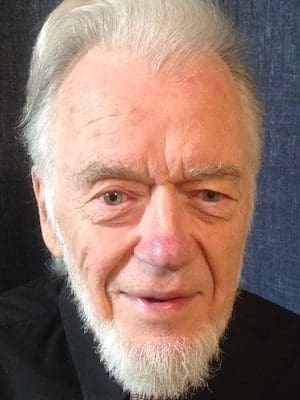Today is the launch of the new Poor People’s Campaign (PPC) activities.
The original PPC was inaugurated by Martin Luther King Jr. Mainly because of his tragic assassination 601 months ago, it didn’t accomplish what he had hoped for. The primary leader of the new PPC is William Barber II.
The original PPC was created on Dec. 4, 1967, by the Southern Christian Leadership Conference, led by King, to address the issues of unemployment, housing shortages for the poor and the impact of poverty on the lives of millions of Americans.
Unlike King’s earlier efforts, the PPC addressed issues that impacted all who were poor and was not just a movement to help African-Americans.
King considered the Memphis sanitation strike to be a major part of that original campaign, and he had gone to Memphis in support of the strikers when he was shot and killed on April 4, 1968.
Led by King’s associate Ralph Abernathy, meaningful PPC activities began on Mother’s Day five weeks after King’s death. Unfortunately, few significant changes resulted from those activities.
Barber, who was still 4 years old when King was killed, is the primary leader of the new PPC, which he is linking to “a national call for moral revival.”
Beginning five years ago when he was president of the North Carolina NAACP, Barber led the Moral Monday Movement in that state. He is now president of Repairers of the Breach, a social justice organization.
This year, on six consecutive Mondays beginning on May 14, the PPC will promote six Moral Monday activities.
The first four are designed to combat poverty’s impact on education, systemic racism, militarism and environmental degradation.
On June 11, the theme is “everybody’s got a right to live in fair housing and earn a living wage.”
Then, the final activity on June 18 is about the “fusion movement rising and the strategic solidarity of intersectional struggle.”
Unlike the PPC 50 years ago, the new PPC led by Barber is operating in 30 of the 50 states and in the nation’s capital. Active participants are being trained to engage in nonviolent civil disobedience activities.
According to an April 10 Associated Press article, Barber has said that the 40 days of action will have been successful if, at the end, the campaign has changed the country’s narrative so that the poor are discussed and they’re involved in creating strategies to get people out of poverty – and that includes a lot of people.
The overall U.S. poverty rate was about 13 percent in 2016, and for African-Americans that rate was almost 22 percent.
While I don’t plan to travel to Jefferson City, Missouri, to be involved in the nonviolent civil disobedience activities scheduled for May 14, which may result in participants being arrested, I do plan to attend the 6 a.m. send-off rally that morning in downtown Kansas City.
Also, I am making a small monthly contribution to help support this new PPC, and perhaps some readers are doing the same – or are even directly involved in the PPC activities where you live. I hope so.
I also hope and pray (literally) that Barber and this year’s Poor People’s Campaign will be able to do what King and the 1968 PPC were unable to do.
Leroy Seat was a missionary to Japan from 1966-2004 and is both professor emeritus of Seinan Gakuin University and pastor emeritus of Fukuoka International Church. A version of this article first appeared on his blog, The View from This Seat. You can follow him on Twitter @LKSeat.
A missionary to Japan from 1966-2004, he is both professor emeritus of Seinan Gakuin University and pastor emeritus of Fukuoka International Church.

